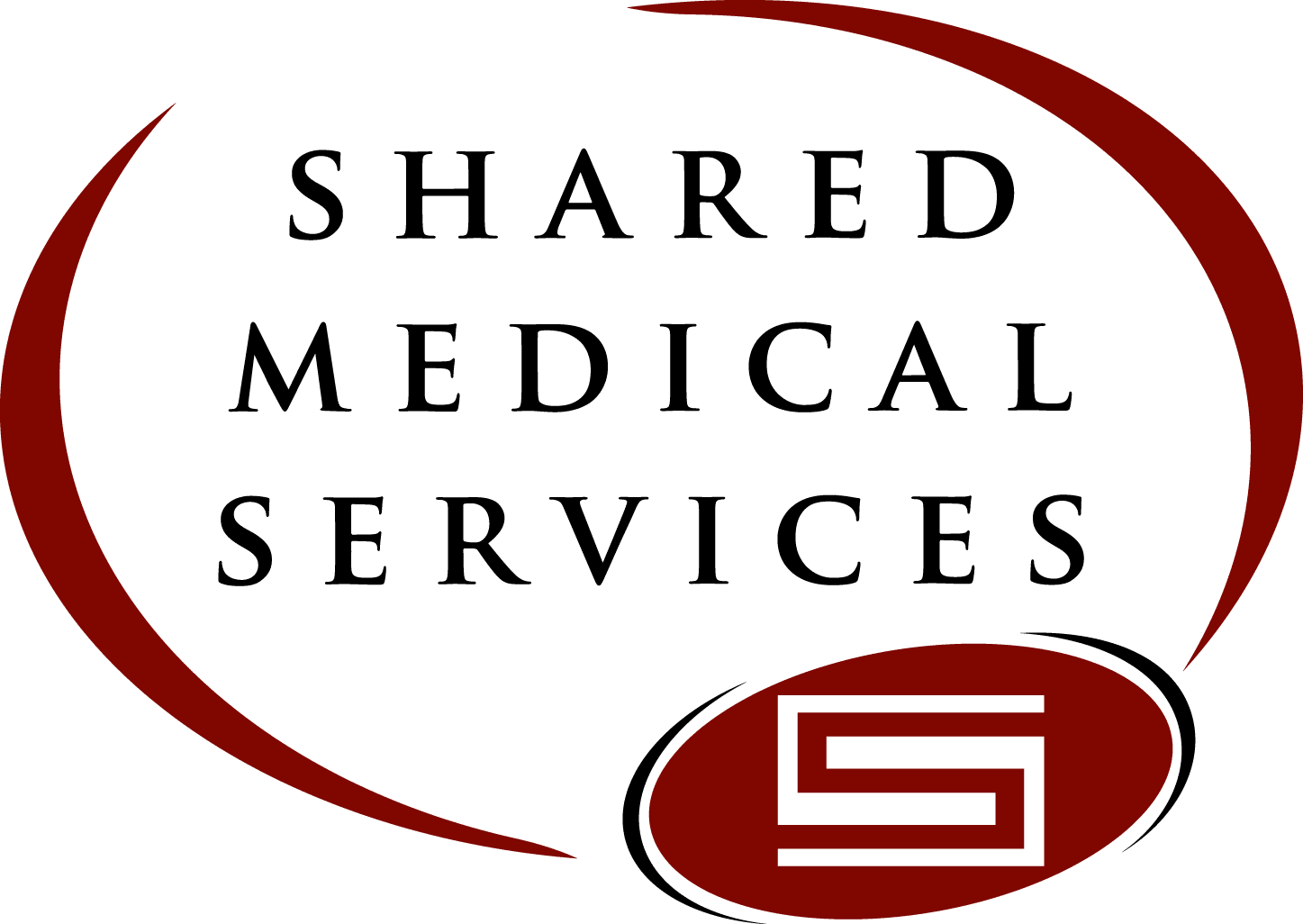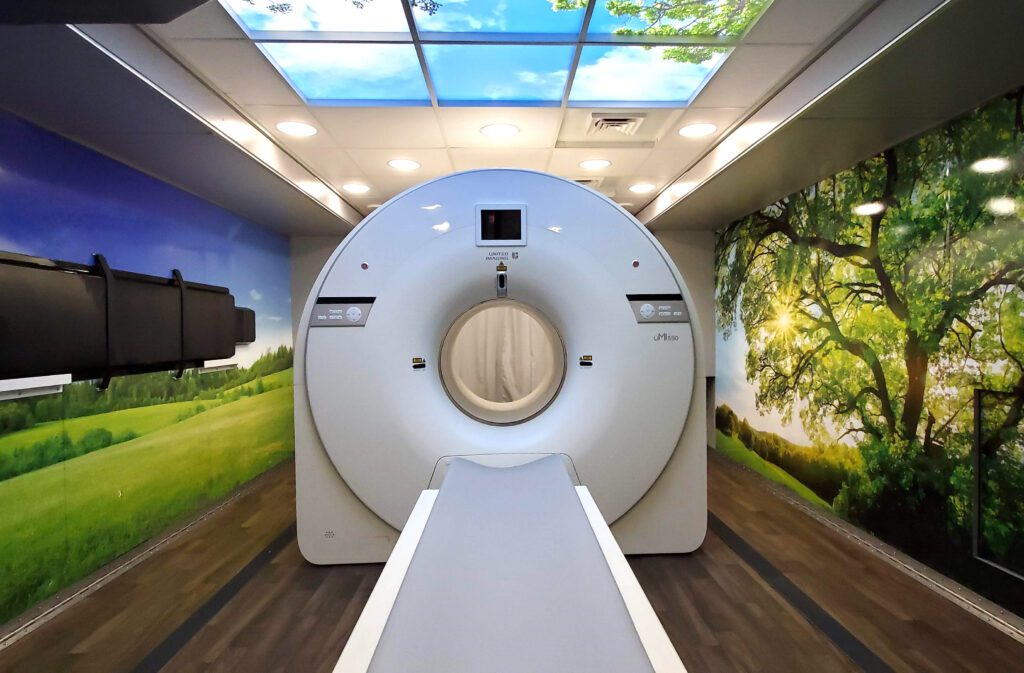What’s New in PET/CT
What’s known about cancer prevention is still evolving. However, it’s well-accepted that your chances of developing cancer are affected by the lifestyle choices you make.
PET/CT Updates, Research & Education
February 2019
Consider these cancer-prevention tips:
1. Don’t use tobacco
Smoking has been linked to various types of cancer — including cancer of the lung, mouth, throat, larynx, pancreas, bladder, cervix and kidney. Chewing tobacco has been linked to cancer of the oral cavity and pancreas. Even if you don’t use tobacco, exposure to secondhand smoke might increase your risk of lung cancer. Avoiding tobacco — or deciding to stop using it — is an important part of cancer prevention.
2. Eat a healthy diet
Although making healthy selections at the grocery store and at mealtime can’t guarantee cancer prevention, it might reduce your risk. Consider these guidelines:
- Eat plenty of fruits and vegetables. Avoid obesity. If you choose to drink alcohol, do so only in moderation. Limit processed meats.
3. Maintain a healthy weight and be physically active
Maintaining a healthy weight might lower the risk of various types of cancer, including cancer of the breast, prostate, lung, colon and kidney.
Physical activity counts, too. In addition to helping you control your weight, physical activity on its own might lower the risk of breast cancer and colon cancer.
As a general goal, include at least 30 minutes of physical activity in your daily routine — and if you can do more, even better.
4. Protect yourself from the sun
Skin cancer is one of the most common kinds of cancer — and one of the most preventable. Try these tips:
- Avoid midday sun. Stay in the shade. Cover exposed areas. Don’t skimp on sunscreen. Avoid tanning beds and sunlamps.
5. Get vaccinated
Cancer prevention includes protection from certain viral infections. Talk to your doctor about vaccination against:
- Hepatitis B. Hepatitis B can increase the risk of developing liver cancer. The hepatitis B vaccine is recommended for certain adults at high risk.
- Human papillomavirus (HPV). HPV is a sexually transmitted virus that can lead to cervical and other genital cancers as well as squamous cell cancers of the head and neck. The HPV vaccine is recommended for girls and boys ages 11 and 12.
6. Get regular medical care
Regular self-exams and screenings for various types of cancers — such as cancer of the skin, colon, cervix and breast — can increase your chances of discovering cancer early, when treatment is most likely to be successful. Ask your doctor about the best cancer screening schedule for you.
Source: (Cancer prevention: 7 tips to reduce your risk By Mayo Clinic Staff) ART-20044816 Nov. 28, 2018< https://www.mayoclinic.org/healthy-lifestyle/adult-health/in-depth/cancer-prevention/art-20044816 > Retrieved 6 February 2019

February Cancer Prevention Awareness
- According to the American Cancer Society smoking accounts for 30% of all cancer related deaths, including 80% of all lung cancer deaths
- An estimated 20% of all cancers diagnosed in the US are caused by a combination of excess body weight, physical inactivity, excess alcohol consumption, and poor nutrition
- The American Cancer Society estimates that about 60% of America’s cancer deaths can be avoided
Connect with Us
Get additional information and stay up-to-date with the latest news by connecting with us on social media.



